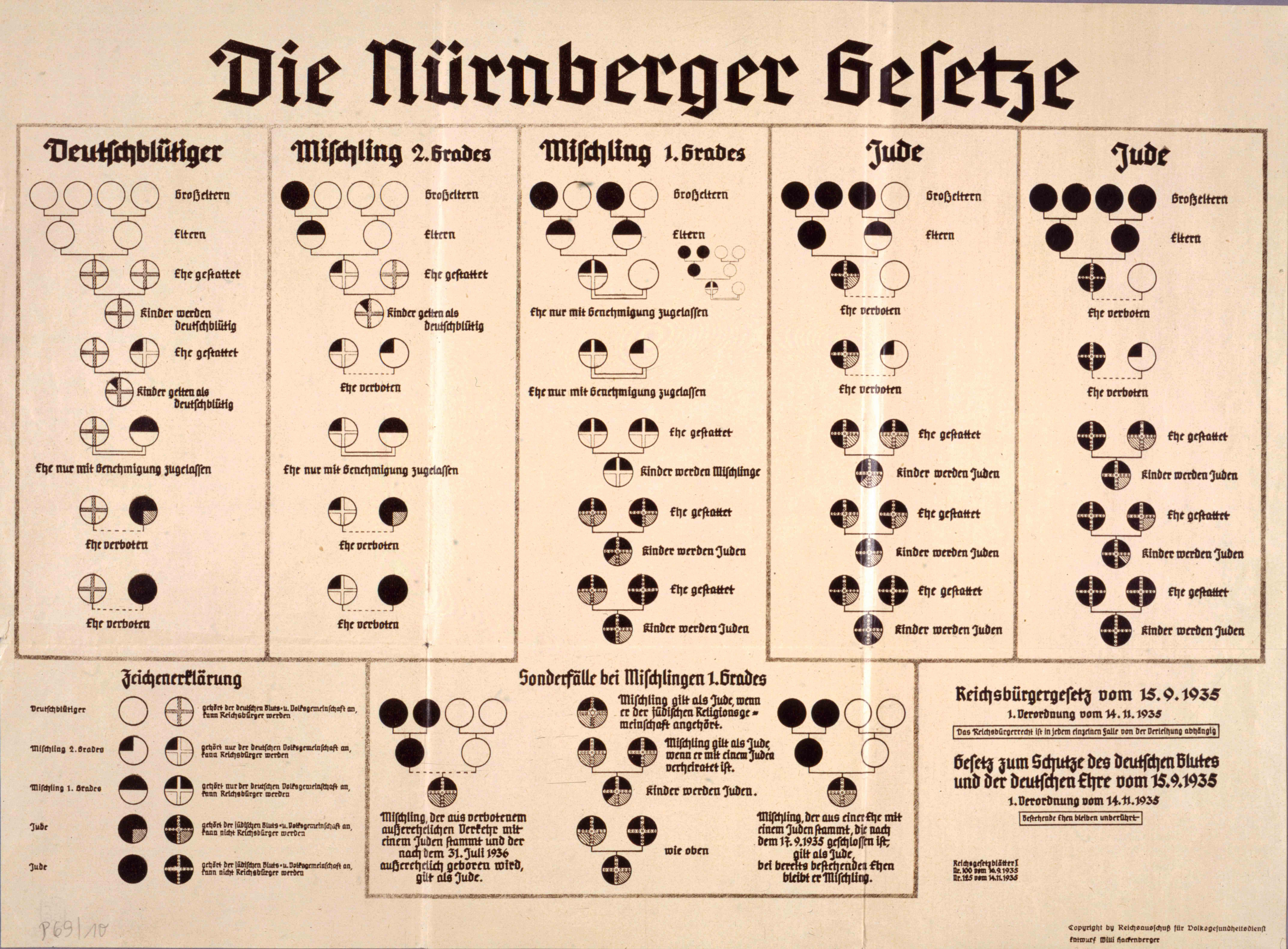
Comparative Procedural Law and Justice (CPLJ) is a global project of the Max Planck Institute Luxembourg for Procedural Law, with the support of the Luxembourg National Research Fund (O19/13946847), involving more than one hundred scholars from all over the world.
CPLJ is envisioned as a comprehensive study of comparative civil procedural law and civil dispute resolution schemes in the contemporary world. It aims at understanding procedural rules in their cultural context, as well as at highlighting workable approaches to the resolution of civil disputes.
In this framework, the Max Planck Institute Luxembourg for Procedural Law will host its 4th CPLJ Webinar on 7 May 2021, 3:00 – 5:15 pm (CET).
The programme reads as follows:
Chair Margaret Woo (Northeastern University and CPLJ Editor)
3:00 PM Judith Resnik (Yale University)
Puzzling about Trans-procedural Substantive Norms across Time and Domains
3:30 PM Discussion
4:00 PM Intermission
4:15 PM Marie-Claire Foblets (Max Planck Institute for Social Anthropology)
Extrajudicial Dispute Resolution in Europe: Anthropological Insights on the Impact of Religion and Tradition
4:45 PM Discussion
5:15 PM End of conference
The full programme is available here.
Participation is free of charge, but registration is required by 4 May 2021 via a short e-mail to events@mpi.lu.
(Image credits: Rijksmuseum, Amsterdam)




 her treat for German-reading friends and colleagues of CoL: On the occasion of
her treat for German-reading friends and colleagues of CoL: On the occasion of